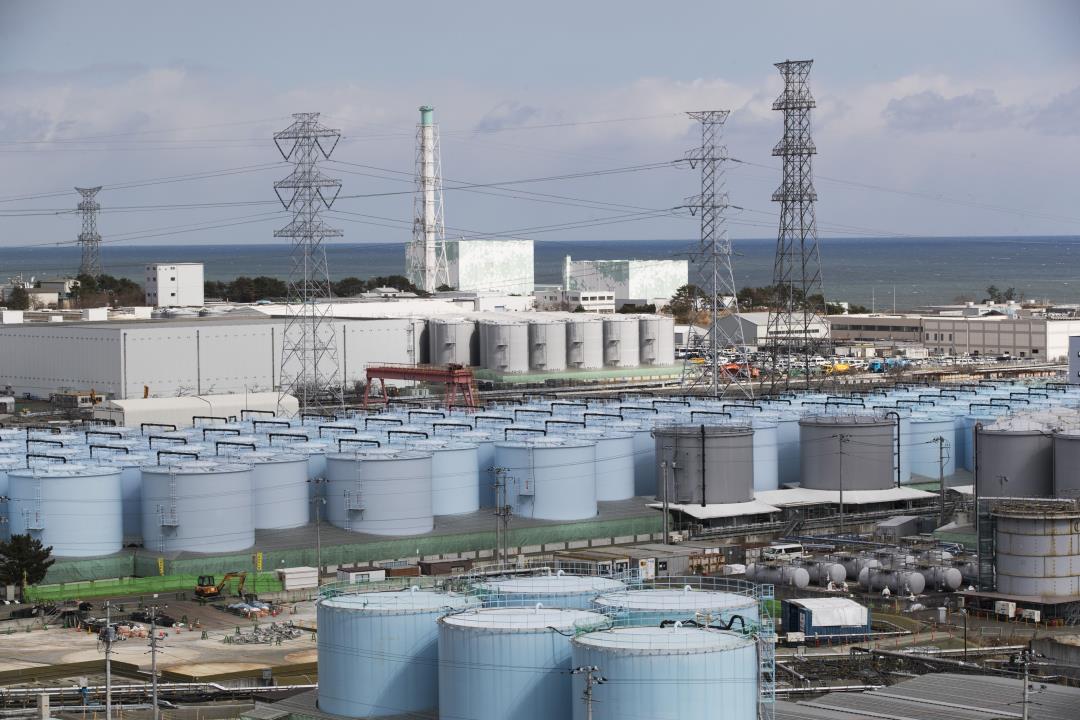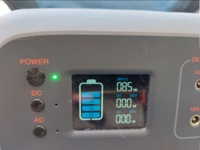- Messages
- 8
- Reactions
- 5
Time for a change in government
Follow along with the video below to see how to install our site as a web app on your home screen.
Note: This feature may not be available in some browsers.
Luckily we get to do that every two years if we want to! I'd love to vote for someone who has an energy plan that accounts for both financial reality and also ecological reality.Time for a change in government
I had solar installed this year, and have been quite happy with the financial end of it. I'll break even (looking at monthly budget) within 5-7 years, not including rising energy costs. If I were to pay cash instead of financing the thing, it would happen much quicker, but I would still need to recoup all that initial. With interest rates as low as they are, financing made more sense. The advances in efficiency in the solar industry are moving much faster than they have in the past; I've been eyeballing it for a decade or more and it finally made sense. Makes even more sense if your goal is more energy independence than financial benefit.We were on 100% solar during daylight for 10+ years. We were at payback in 5 years. Now PGE is working hard toward making solar cost ineffective by raising connection fees and true up costs. I know a number of new solar buyers who now openly regret going to solar due to all the increased fees and costs. Some will never see payback. Recently a directive to not charge electric vehicles went out as grid was overloaded again. I see an infrastructure collapse and feel it is intentional.
Hope so for your sake. Solar is great when it works and is really nice when you reach payback and makes your feel like your getting a real break on your energy costs . If OR sells much more power to adjacent states like CA all bets are off. The move to Undam rivers seems farfetched but look at where we are right now.I had solar installed this year, and have been quite happy with the financial end of it. I'll break even (looking at monthly budget) within 5-7 years, not including rising energy costs. If I were to pay cash instead of financing the thing, it would happen much quicker, but I would still need to recoup all that initial. With interest rates as low as they are, financing made more sense. The advances in efficiency in the solar industry are moving much faster than they have in the past; I've been eyeballing it for a decade or more and it finally made sense. Makes even more sense if your goal is more energy independence than financial benefit.

To bad we can't figure out how to turn rain into electricity. . .


The wind mostly comes at night when everybody is asleep and not using power.The wind power coming out of The Gorge is reasonably reliable, but even then it's not 100%.
Also it can't supply all of Oregon, and I'm sure the wind farms on the WA side will send their power to WA, not OR.
Solar is OK, and is better than ever before because of better, more efficient, longer lasting panels. . . But this is the Pacific NW which means clouds 2/3s or the year or more.
To bad we can't figure out how to turn rain into electricity. . .
The PNW would be a major power provider!!!
The wind mostly comes at night when everybody is asleep and not using power.
There's wind for sure during the day, but there's even more during the night when people aren't using power. Which means that you have to have energy storage if some sort of let them freespin. Also, they don't recycle the turbines, so the blades get buried.Been at the wind farms during the day. And there is power being produced.
We have a target in the high 90s for availability and almost always make it.